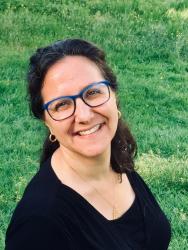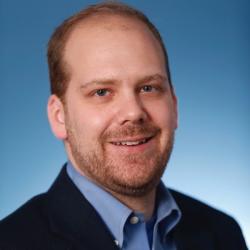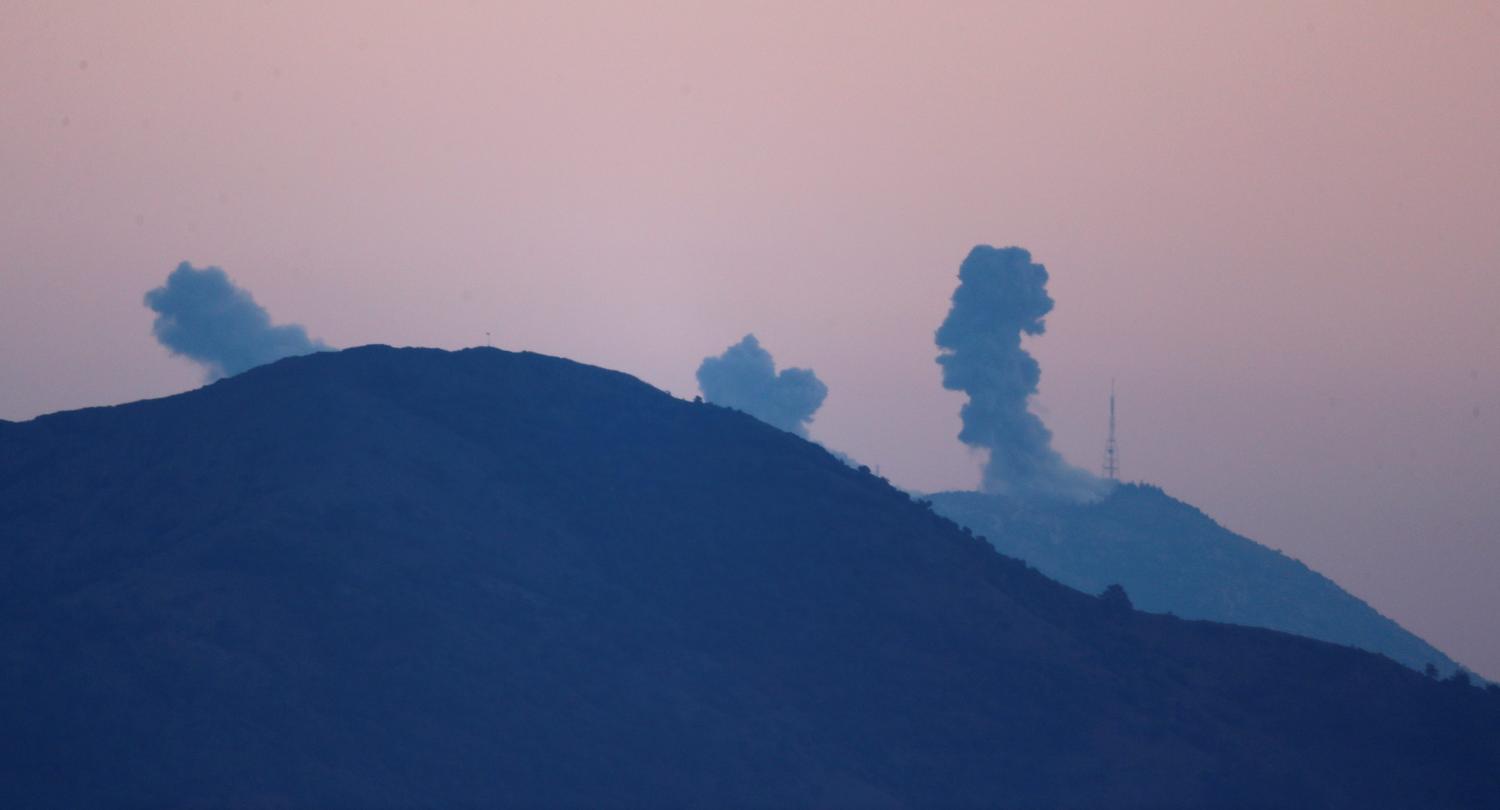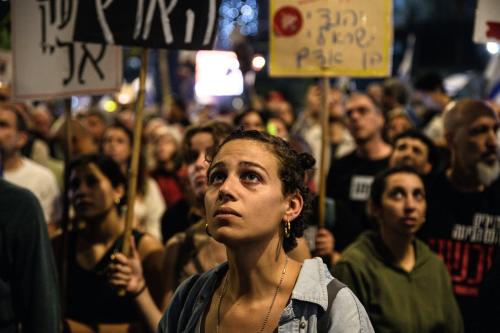Executive Summary
Civil wars across the Middle East have severely damaged regional stability. Middle Eastern countries, many of which are strategic partners of the United States and Europe, seek new methods of long-term mediation to address issues that were at the heart of the popular uprisings known as the Arab Spring: dysfunctional governance, coercion, and corruption. By engaging in post conflict reconstruction and reconciliation, stakeholders seek to close authority vacuums caused by conflicts across the region, and particularly in Syria.
A limited capacity for reconstruction presses international donors to set focused objectives that are the likeliest to support long-term stability in Syria and the Middle East. One possible framework for directing international assistance is through planting the seeds for growth and development within the social and institutional fabric, not just rebuilding the country wholesale.
We suggest that the framework for international reconstruction of Syria and the Middle East should include the following goals:
- Avoid recreating the conditions that led to the eruption of conflict, including exclusionary governance and development, corruption, coercion, and weak social service provision.
- Policymakers and stakeholders should seek to reduce the incentives for violence and raise the costs of conflict relapse among local actors. It is important to prioritize institution-building in order to avoid elite capture and corruption.
Based on discussions at a July 2017 workshop hosted by the Brookings Institution, World Bank, and Japan International Cooperation Agency (JICA), this report finds that the best course of action in postcivil war Syria will be decentralization of government. It is crucial to ensure that Syrian leaders promote programs to advance inclusion and stability, rather than furthering division or exclusionary governance, or establishing de facto political authorities who lack local legitimacy. In practice, decentralization can oftentimes exacerbate societal divisions in a post conflict environment. Therefore, it is important that international donors plant seeds for growth and development through smaller-scale projects that are ultimately implemented at the local level.





